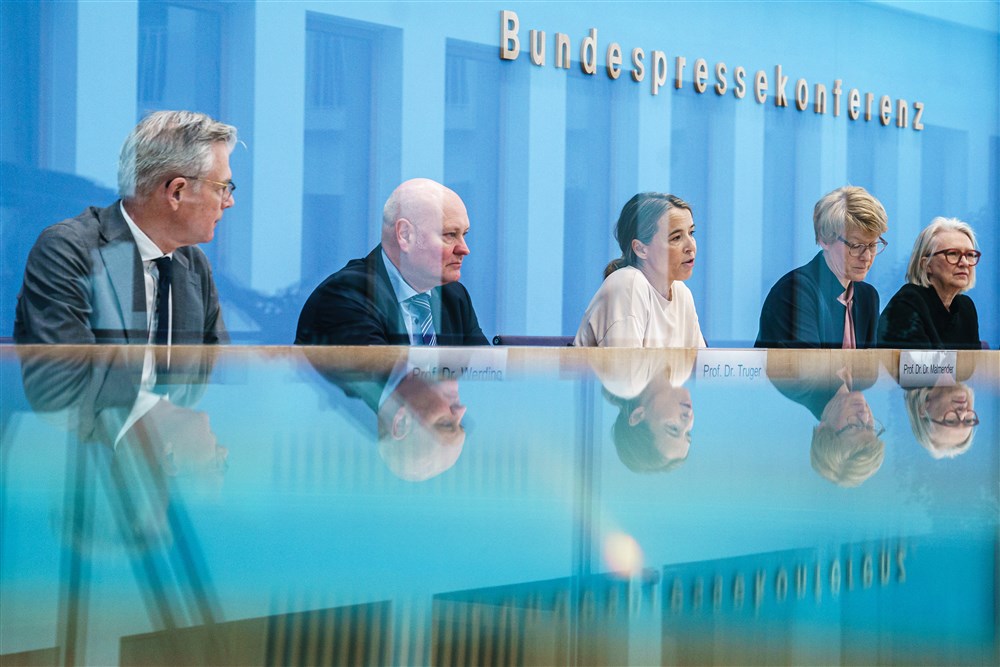The German region of Saxony is taking steps against so-called “gender language”, with Culture Minister Christian Piwarz strengthening a ban on its use.
Saxony’s Ministry of Culture is extending its guidelines on gender-inclusive language, or gendering, to groups such as school book publishers and theatre managers.
In a letter dated last week, obtained by the German news agency dpa, the ministry refers to Council for German Orthography regulations and has now mandated that relevant third-parties be contractually bound to them.
The Council is an intergovernmental group tasked with preserving the uniformity of spelling and writing in the German-speaking world.
In recent years, left-wingers in Germany have adopted gender-inclusive language, which includes the use of “the gender asterisk”, underscore, or colon when referring to or using gender-sensitive terms.
The gender asterisk is a non-standard typographic style used in German gender-neutral language.
In reaction, in 2021, the government of Saxony decided to ban such gendering and has now expanded the restrictions.
Not everyone is happy with the new rules. Luise Neuhaus-Wartenberg, the education policy spokesperson for the Left Party in the Saxony State Parliament, said in a press release: “No one should be compelled to use or refrain from using gender-inclusive language.”
She argued that the ministry was sending a “disastrous signal” by excluding those who could help promote values of democracy, tolerance and diversity. Other critics referred to the move as “language policing”.
Under the latest regulations, organisations that want to receive assignments must sign a “gender clause”, committing them not to use gender-language in written documents. They are, however, still free to use it in spoken German.
A ministry spokesperson emphasised on July 11 that Saxony’s decision was a clarification. Two years ago, it had instructed schools that all official correspondence, letters to parents and teaching materials should adhere to the municipal rules and that using special characters in gender-neutral language was not allowed. Regarding school pupils, its use is reportedly marked as an error in essays.
Instead, pair-forms such as “Schülerinnen und Schüler” (female and male students) and gender-neutral terms such as “Lehrkräfte” (teachers) or “Jugendliche” (youth) are recommended. The aim, say Saxony officials, is to use language that is understandable for everyone.
– Schulen zerfallen
– Lehrkräfte fehlen
– Schulmaterial veraltet
– Unterricht fällt ausDie @CDU–#Sachsen so:
Guck, wir haben das Gendern an Schulen verboten.So werden keine Probleme gelöst.
So frustriert man Wähler*innen.
/PM— UnionWatch / @watch_union@mastodon.social (@watch_union) July 13, 2023





